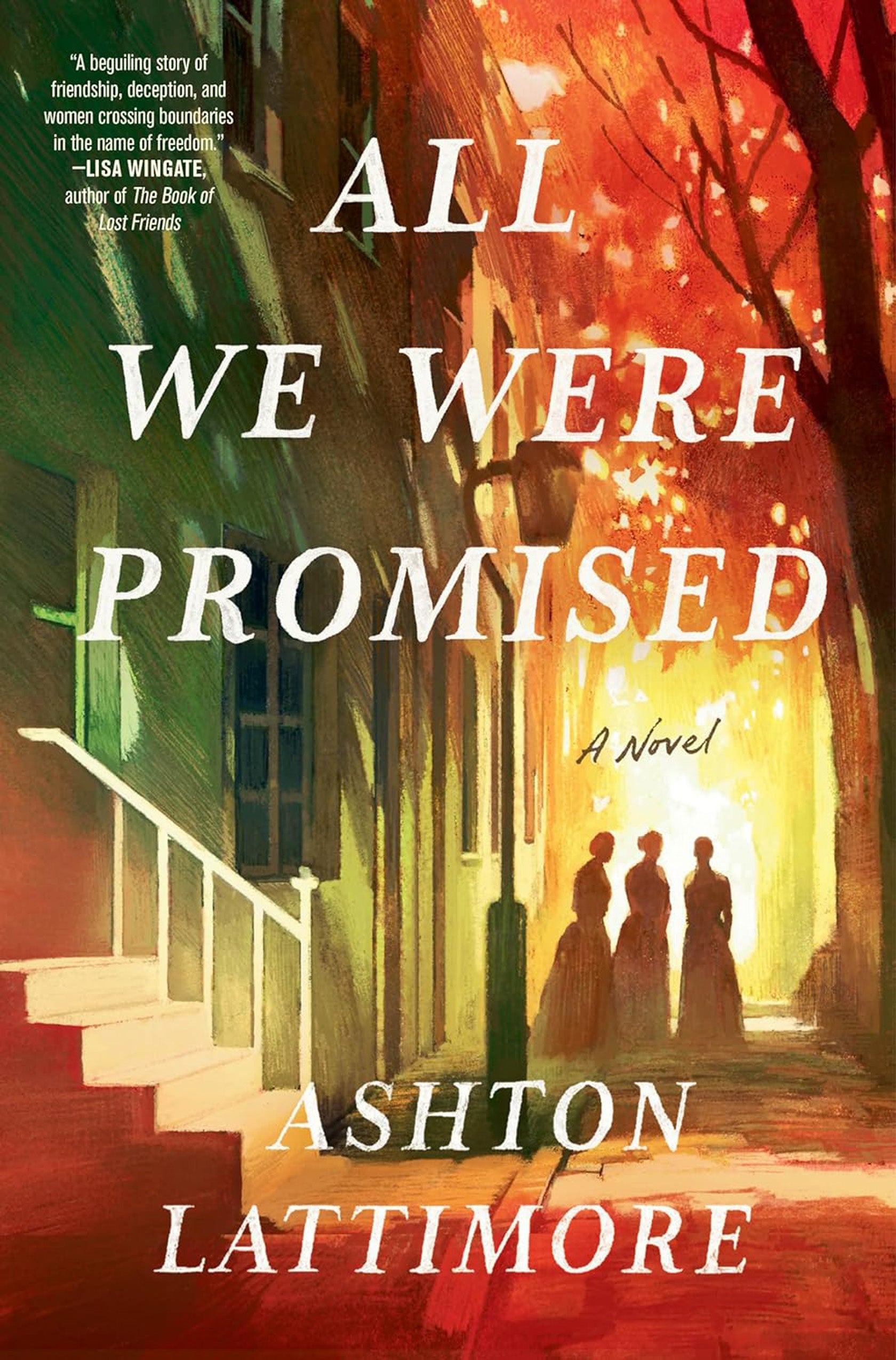
“All We Were Promised,” by Ashton Lattimore ’13 (Ballantine Books)
First-time novelist Ashton Lattimore, an editor-in-chief at Prism, a nonprofit news outlet focusing on communities of color, tells the story of three Black women coming together to fight slavery in 1837 Philadelphia: Charlotte, who escaped slavery in the South but must hide her identity from slavecatchers; Nell, an abolitionist from a wealthy Black family; and Charlotte’s friend Evie, who strives to escape after arriving in the city with the wife of the plantation owner. With the novel, the author highlights the country’s largest free Black community at the time and the real-life story of Pennsylvania Hall, an abolitionist meeting house in the city that was burned down by a pro-slavery mob shortly after it opened.

“The Octopus in the Parking Garage: A Call for Climate Resilience,” by Rob Verchick ’89 (Columbia University Press)
Lawyer and climate disaster specialist Robert Verchick thinks we need to be working toward climate resilience or building the capacity “to manage and recover from a climate impact in a way that preserves a community’s central character,” he writes. Verchick shares lessons learned from his field research, including from a kayaking trip through Louisiana’s bayous and a diving expedition off Key Largo with citizen scientists working to restore coral reefs, and argues that mitigating the toll from our warming planet, particularly on historically disadvantaged communities, must happen at local and national levels and requires both governance and social cooperation. In addition to offering climate resilience examples from the past and present, he recommends a list of actions anyone can take to face the climate crisis.
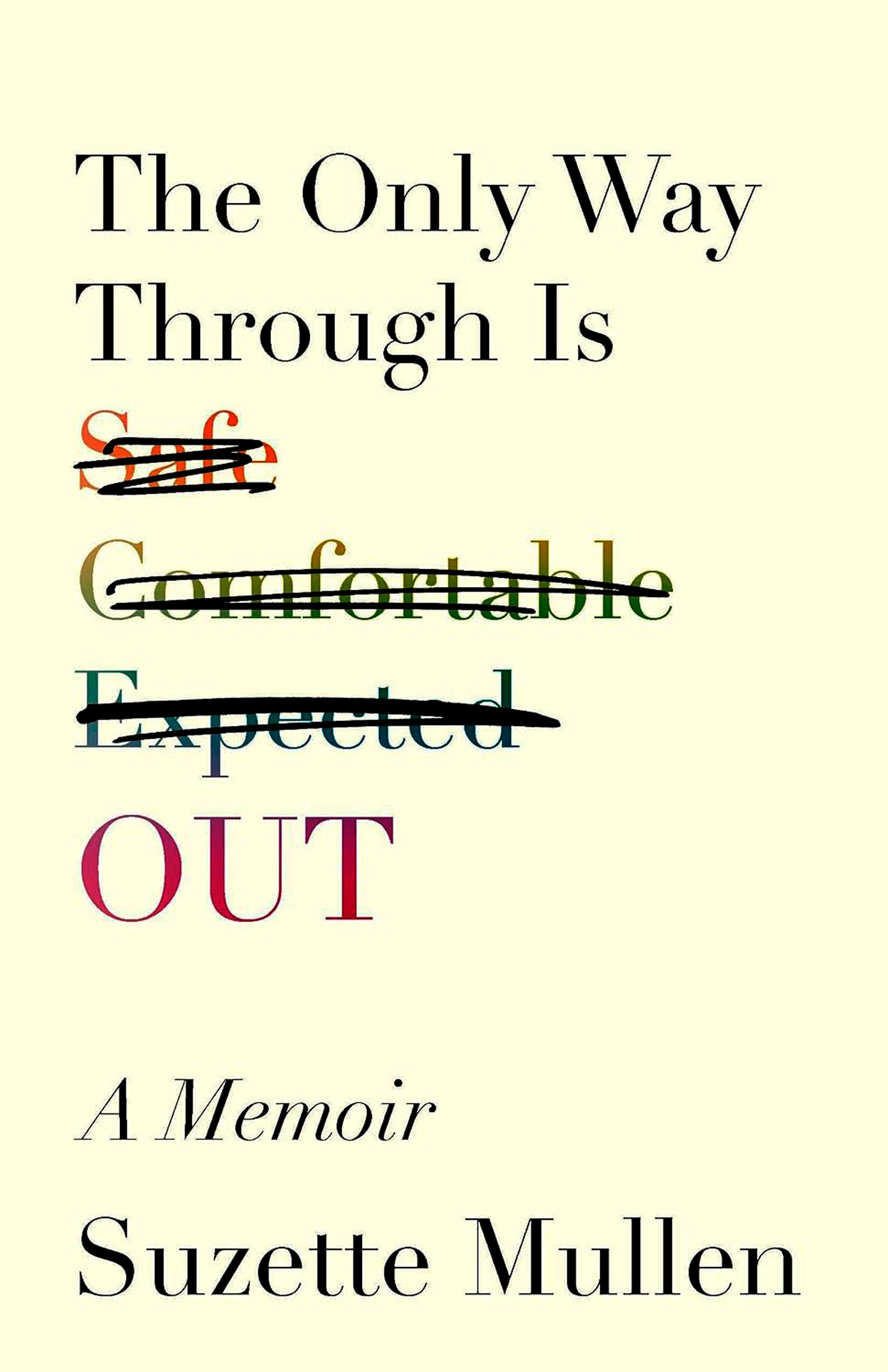
“The Only Way Through Is Out,” by Suzette Mullen ’87 (University of Wisconsin Press)
From the outside, Suzette Mullen ostensibly had an idyllic life, with a good husband, two successful adult children, and a beautiful home. But she was harboring a secret: She was gay and in love with her best friend. In her memoir, she recounts her journey from revealing her true self to her husband, and later to other family members and friends, to ending her marriage and establishing a new life with a new girlfriend. She came to understand that she had lived a life, she writes, “where I played small and safe” and learned that it is never too late for a new beginning.
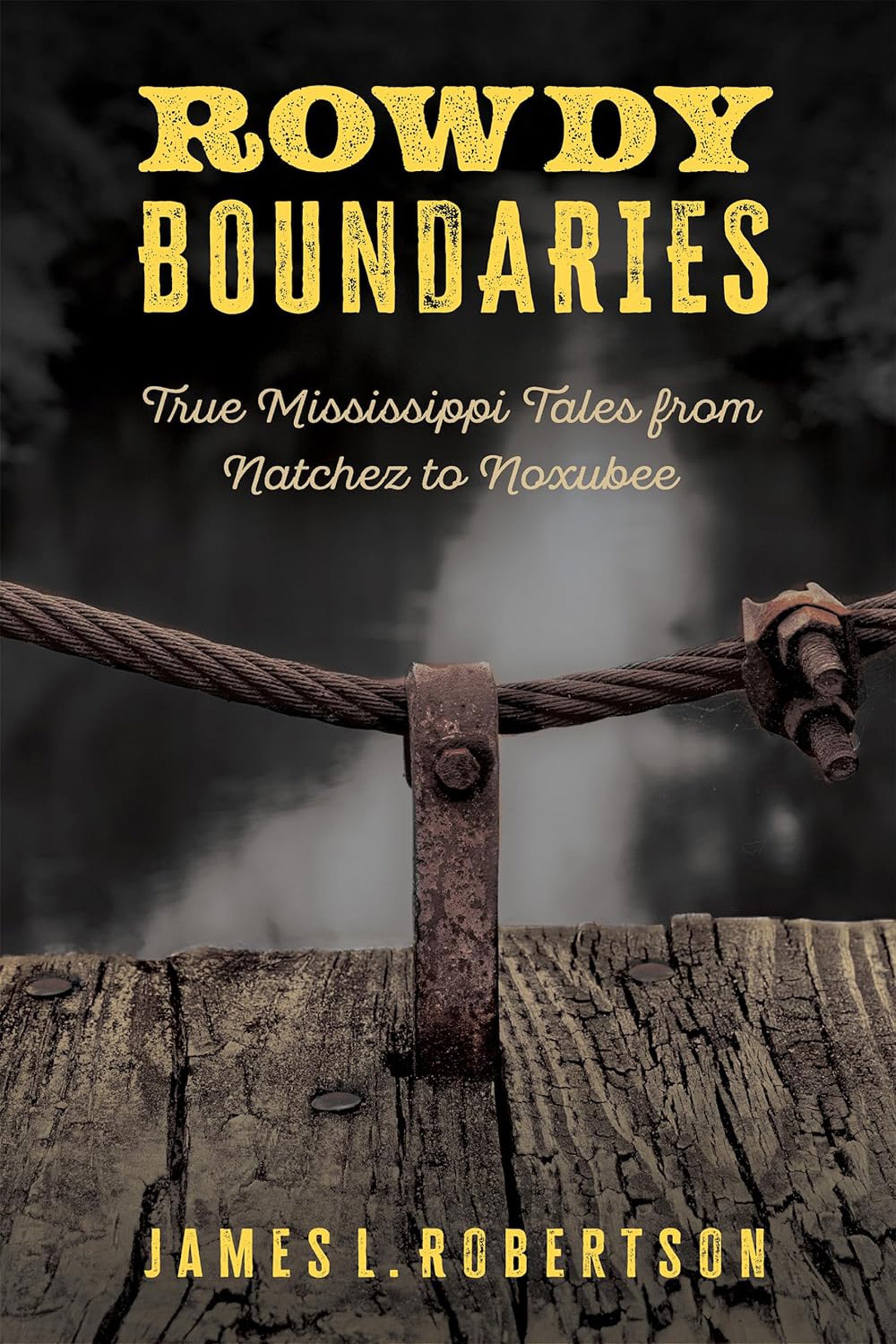
“Rowdy Boundaries: True Mississippi Tales from Natchez to Noxubee,” by James L. Robertson ’65 (University Press of Mississippi)
James Robertson takes the reader on a journey around the state he called home and where he’d traveled for eight decades in a narrative that was published last October, two months before he died. The former Mississippi Supreme Court justice showcases Mississippi-born luminaries such as author Richard Wright, crusading journalist Ida B. Wells, and the first woman elected to the state Legislature, Lucy Somerville Howorth. He also delves into historical events like the Mississippi Married Women’s Property Act of 1839 and Freedom Summer of 1964. While Robertson addresses the troubled history of the state, he also shares “more than a few pages in Mississippi’s stories that do us proud.”
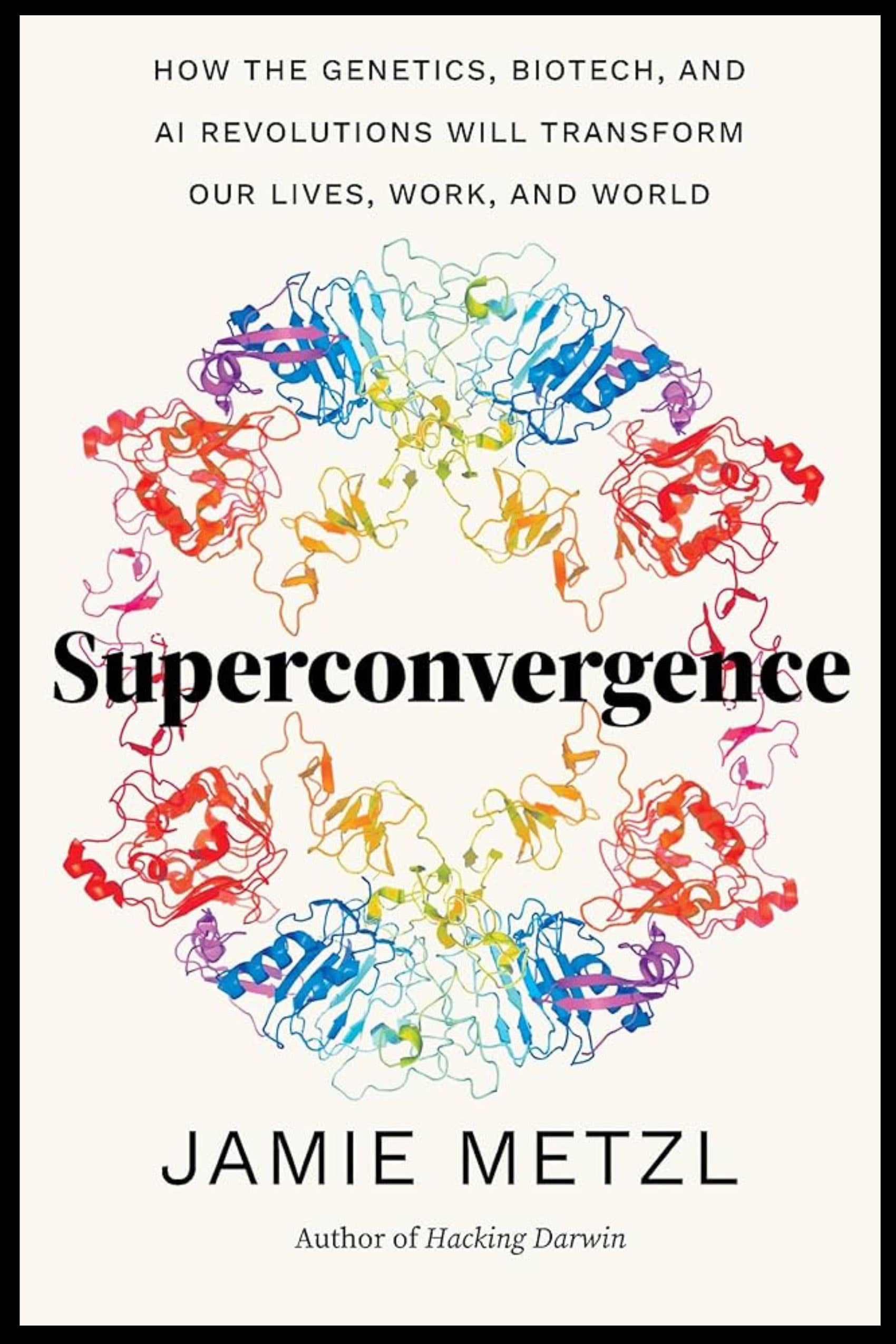
“Superconvergence: How the Genetics, Biotech, and AI Revolutions Will Transform Our Lives, Work, and World,” by Jamie Metzl ’97 (Timber Press)
Our ability to reengineer biology gives us the potential to lead healthier, longer lives and produce the resources we need while preserving the planet, according to Jamie Metzl, a senior fellow of the Atlantic Council. But the technology could also harm or even destroy us, he adds. “A bioengineered future is coming whether we like it or not,” writes Metzl. “The essential question for us is how we can best shape it.” He attempts to answer that question in his new book, which examines changes that could occur through science and technology in health care, agriculture, and the economy. He also warns about what could go wrong, including a global pandemic or bioterrorism.
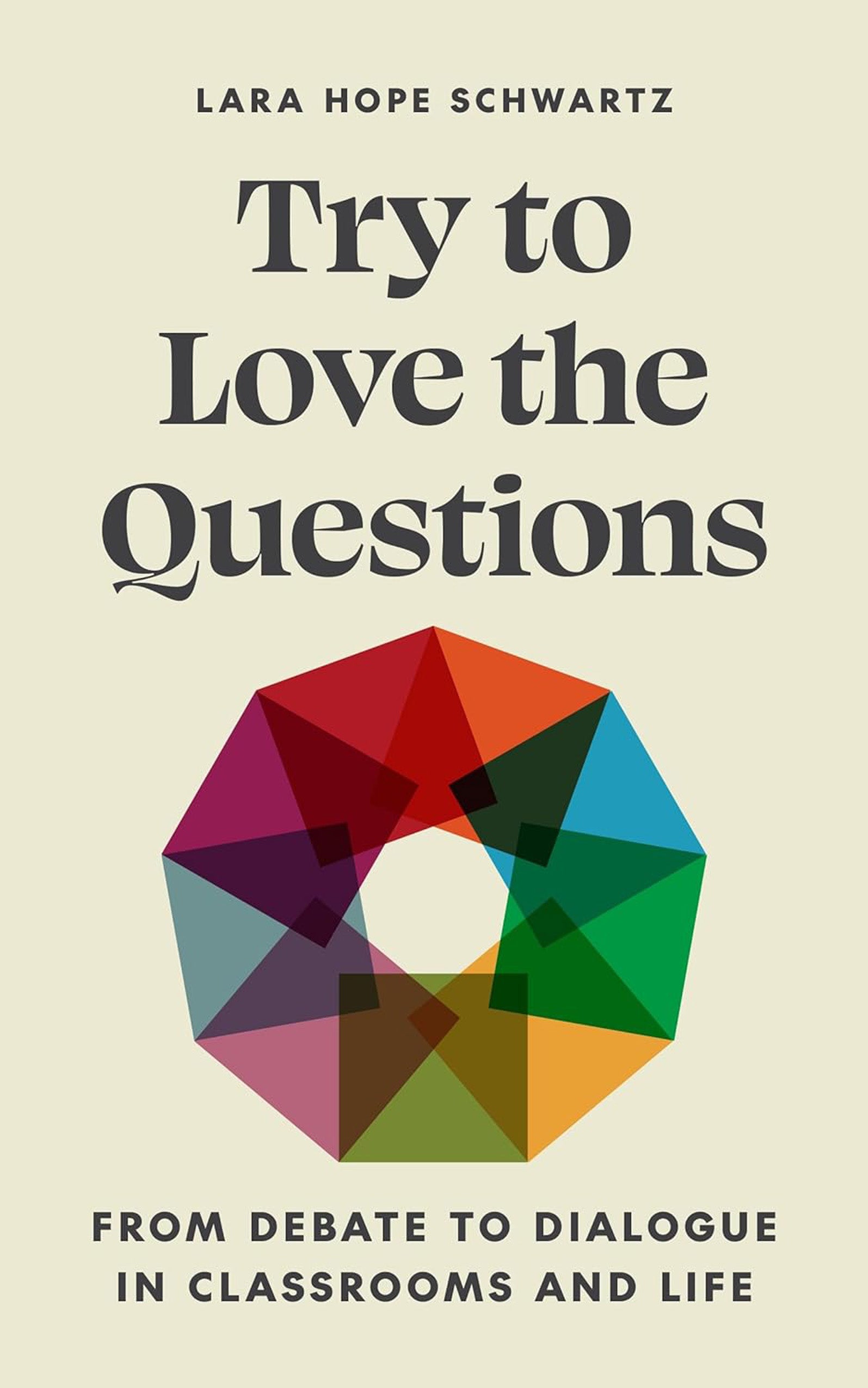
“Try to Love the Questions: From Debate to Dialogue in Classrooms and Life,” by Lara Hope Schwartz ’98 (Princeton University Press)
News stories often portray a fraught atmosphere for free expression on college campuses. Yet colleges can bring people together in conversation like nowhere else, contends Lara Hope Schwartz. “[T]he protests, the friction, and the institutional infighting over how best to fulfill our missions and protect our communities are not signs of sickness,” she writes. “They are signs that we are trying.” The author, the founding director of the Project on Civic Dialogue at American University, offers a blueprint for productive and enriching conversations across differences. She outlines rules and norms that govern academic and civic discourse and how to communicate to be understood, with discussion questions and classroom exercises supplementing each chapter.
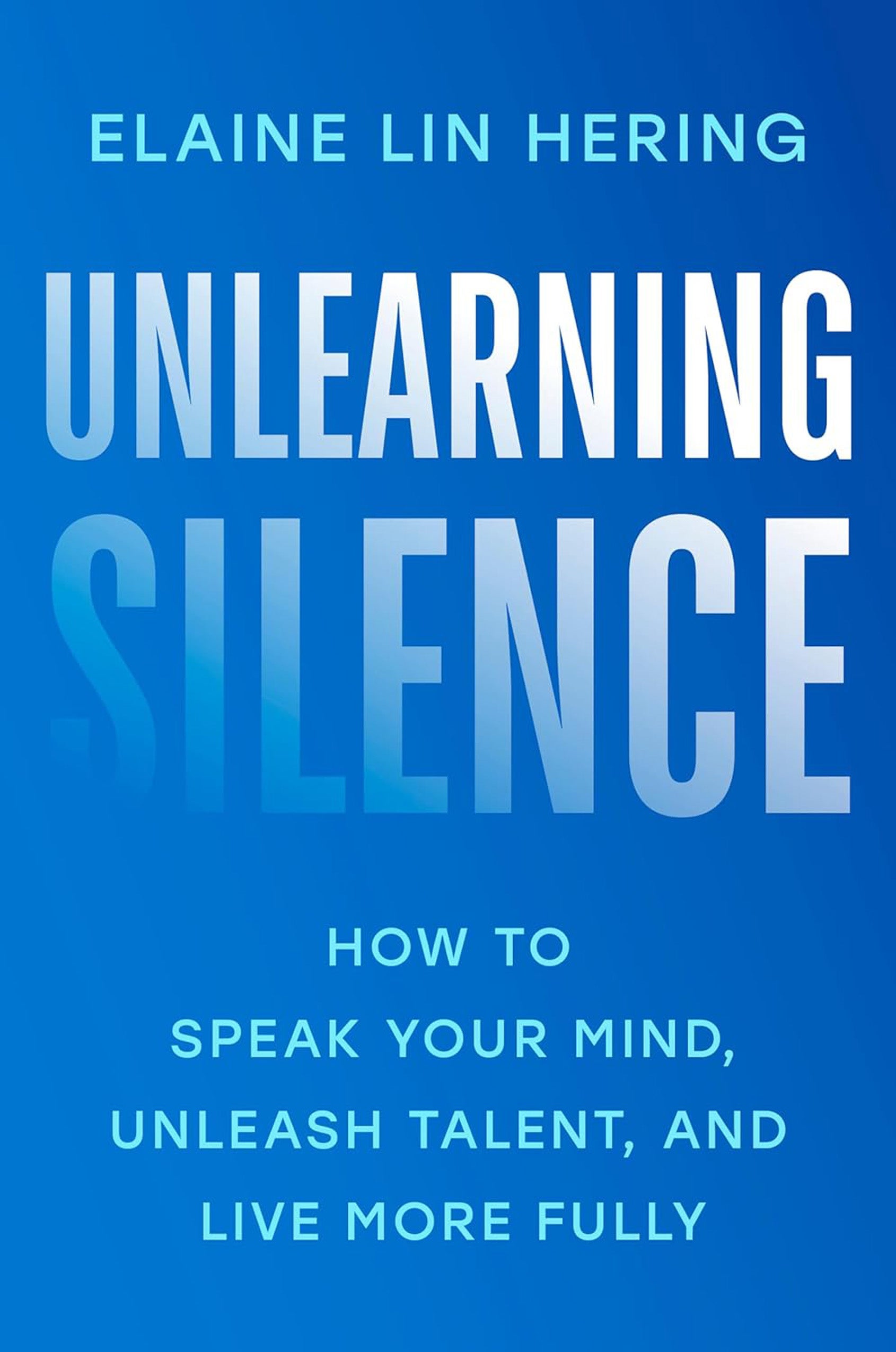
“Unlearning Silence: How to Speak Your Mind, Unleash Talent, and Live More Fully,” by Elaine Lin Hering ’10 (Penguin Life)
Having emigrated from Taiwan to the United States, Elaine Lin Hering learned growing up that staying silent can feel like the safest choice when other people may not welcome your voice. But it comes at a cost, she writes: “When you’ve learned to live with silence, you forget the possibility of what could be.” In the first part of her book, she outlines the ways in which we silence ourselves and others, drawing on case studies, research, and personal examples. Then she provides practical strategies for using your voice and creating a supportive environment. Unlearning silence can be difficult and uncomfortable but will ultimately allow people to thrive, she writes.
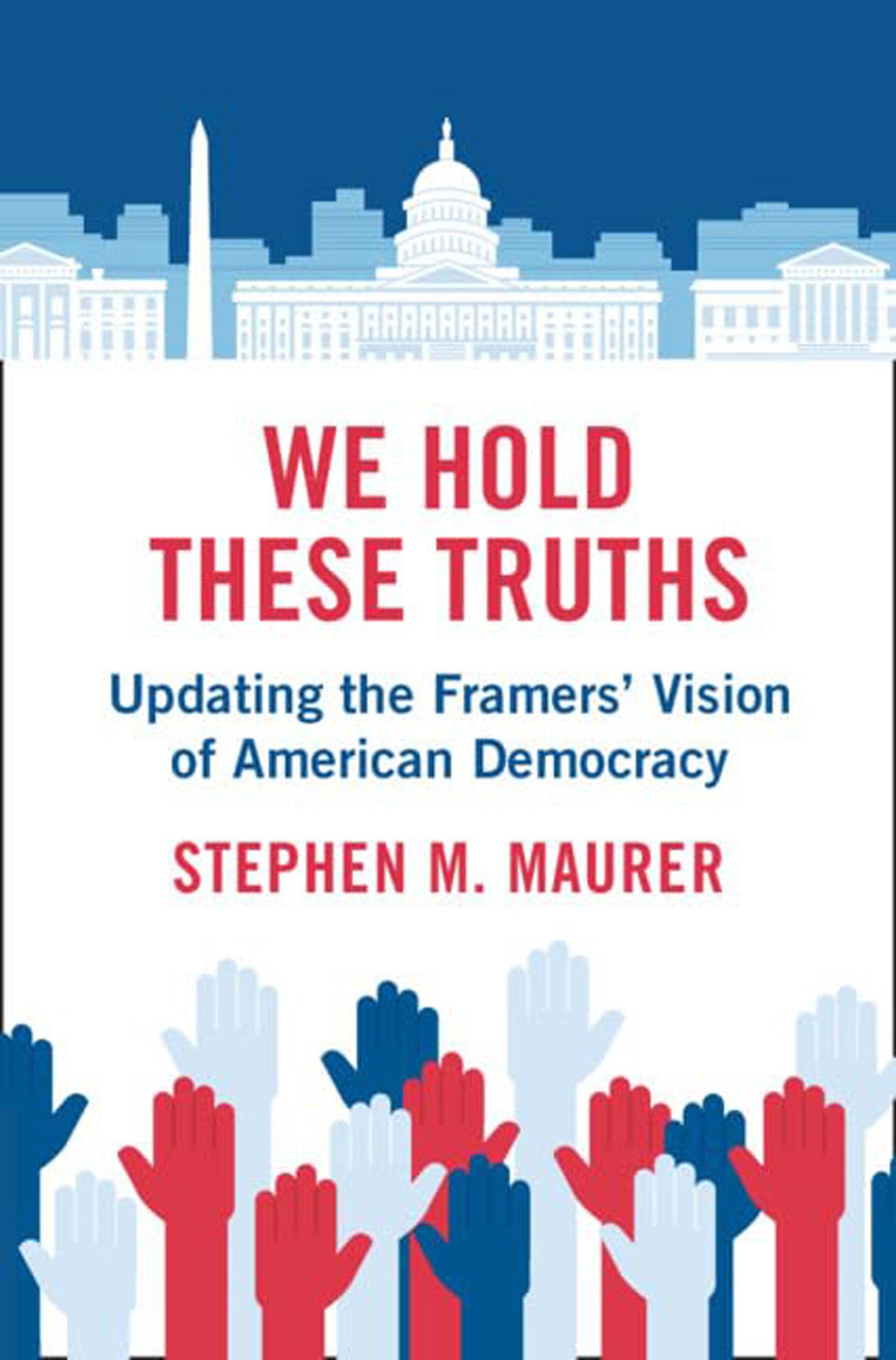
“We Hold These Truths: Updating the Framers’ Vision of American Democracy,” by Stephen M. Maurer ’82 (Cambridge University Press)
The essays written by Alexander Hamilton, James Madison, and John Jay that constitute the Federalist Papers can be seen as a blueprint for how Americans think government should function, according to Stephen Maurer, an emeritus professor at the University of California, Berkeley. In his book, he explores the government the Framers designed, and he attempts to extend and improve arguments of the Federalist Papers based on societal changes since it was first published serially from 1787 to 1788. Topics covered include the evolution of media in the era of the internet and increasing polarization; the use of gerrymandering for party advantage; the Framers’ division of state and federal responsibilities; presidential war powers; and how courts can deter abuses by the president and Congress.
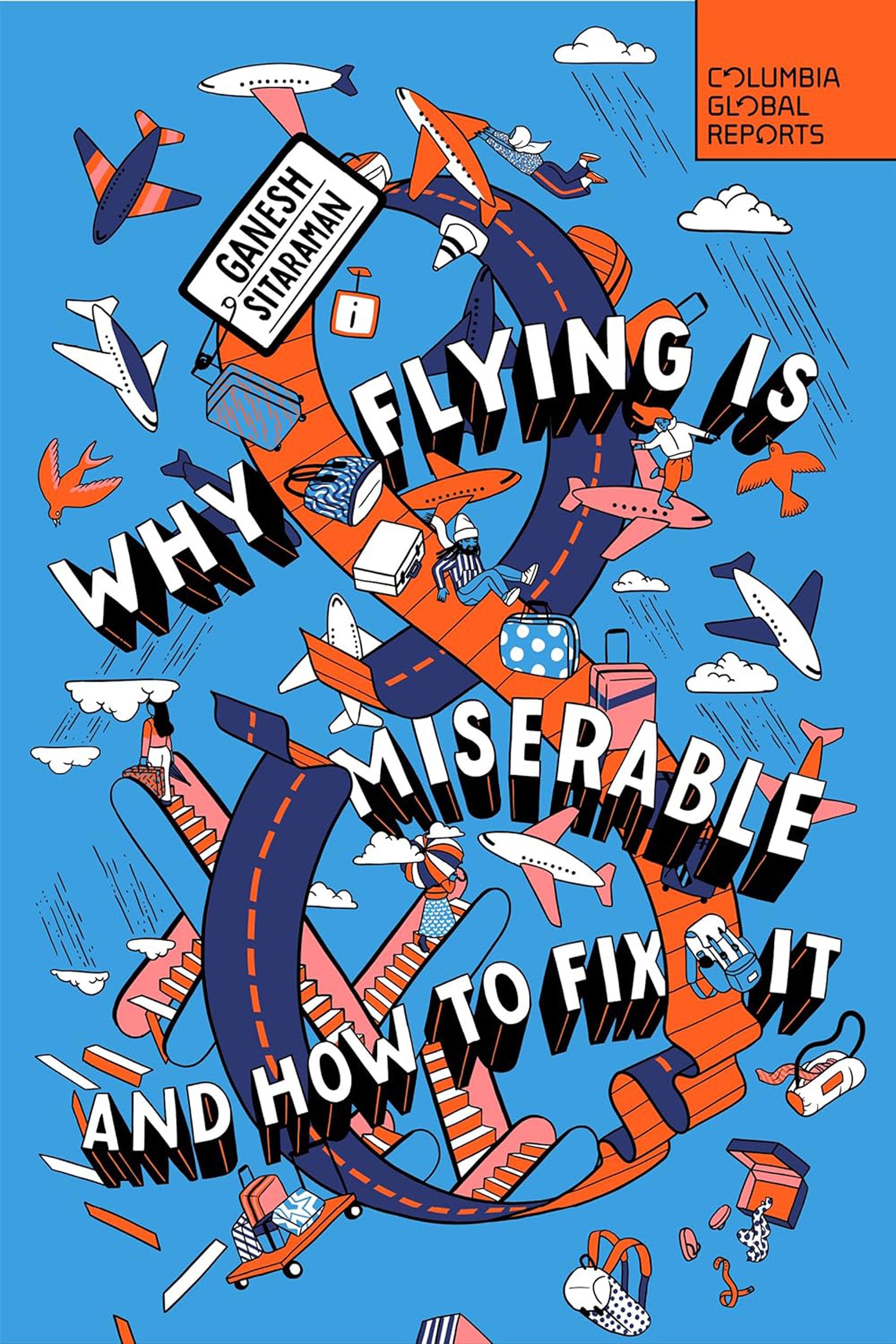
“Why Flying Is Miserable: And How to Fix It,” by Ganesh Sitaraman ’08 (Columbia Global Reports)
Air travelers often contend with delayed and canceled flights, high ticket prices, and cramped seating. The causes can be traced to airline industry deregulation in 1978, which led to multiple bankruptcies and government bailouts of airlines, according to Ganesh Sitaraman, a law professor at Vanderbilt. He details the history of the industry, starting when the government subsidized its creation, and describes the regulatory framework in place from 1938 to 1978 and the problems that ensued as the result of deregulation. The reforms he proposes, which treat airlines like public utilities rather than ordinary consumer products, aim to increase access to air travel, eliminate bailouts and bankruptcies, and facilitate fair and transparent pricing. “[I]n a democracy, we the people get to choose how we live and how our industries are governed,” he writes. “And we can choose to have an airline industry that reaches more places, at fair prices, and with a higher quality of service.”
